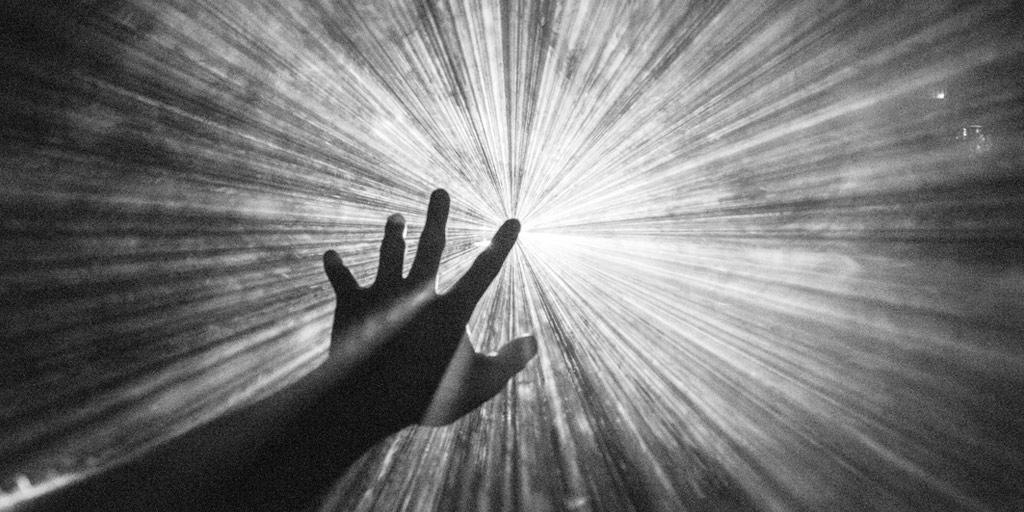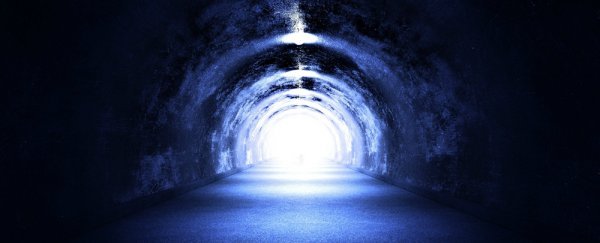Die while you’re alive
and be absolutely dead.
Then do whatever you want;
it’s all good.
Bunan, 17th century Japanese Zen Master
I’m first a contemplative, which means a focus on the heart and spirit; second a philosopher, which means a focus on the head and reason. As long as I keep that order clear, I feel I’m basically on the right track.
When I was young man, philosophers were confined to the remotest corners of the ivory tower. In the last 20 years, philosophy has been mainstreamed, although only academic philosophers (an oxymoron) gain “a fair and sympathetic hearing.”
As a contemplative and philosopher, I would be very wary about listening to so-called professional philosophers regarding questions regarding death and the afterlife.
That’s especially true when academic philosophers stand on their authority as philosophers, which is a very shaky foundation in this society.

Here in California, John Martin Fischer, a professor of philosophy at the University of California, Riverside, is on shaky ground indeed in a piece entitled: “Are ‘Near Death Experiences’ Real?” He writes: “Many of the most visible proponents of the idea that N.D.E.s prove the existence of an afterlife are doctors. It is important to emphasize that their conclusions are not medical but philosophical.”
“The ideas that the mind can separate from the body and have contact with a heavenly realm are clearly not medical conclusions, and physicians have no special authority here. After all, they are physicians, not metaphysicians.”
First of all, I don’t know of a single academic philosopher that knows what the hell he or she talking about when they refer to metaphysics. As most academic philosophers will admit after a couple beers, they are as confused as the average Joe about these issues (and I don’t mean Joe Biden, who has grappled with untimely death more than most people).
Rather than heed Wittgenstein’s admonition, “whereof one cannot speak, thereof one must be silent,” they rush in, saying silly things like, “In N.D.E.’s we get right to the gates, but we don’t go through; we get right to the edge of the universe, but we stop there.”
Fischer conflates doctors who feel they’ve witnessed “evidence of an afterlife” with “the mind separating from the body” as well as “contact with a heavenly realm.” That’s disingenuous. In fact, for a philosopher it’s intellectually dishonest.
After all, no one better knows how to set up straw men than philosophers, since they invented the practice, and the term.
Let’s be clear—evidence of an afterlife, the mind separating from the body, and contact with a heavenly realm are three different and distinct things.
I don’t have an opinion or belief about near death experiences, mainly because I feel that whatever their validity, they are wholly secondary to questions with respect to death.
Equating spiritual experiences, N.D.E.’s and “supernaturalized interpretation,” and then equating all three with “people throughout the world who have absolutely certain belief in their religions,” is devious.
Many people who have experienced N.D.E,’s don’t have “supernaturalistic interpretations.” They simply say that something happened they don’t understand, an event that changes their entire worldview, opening them to questions and possibilities that they had either dismissed, or never considered before the N.D.E.
Again however, N.D.E.’s, whatever their validity and meaning, are secondary. An equivalent example is clairvoyance, which may exist, but serious people don’t concern themselves with it.
Then what should serious people concern themselves with? Regularly experiencing states of being in which the thought-made division between life and death is obliterated, I for one want to understand whether death can be a fully integrated part of life.

I don’t mean the death of the body, and the end of life, but death as an integral part of life, perhaps even the very ground of life.
Are the cycles of birth and death in nature a recapitulation of the birth and death of universes? If so, is there a ground beyond the cycles, from which all cycles originate? Is that ground creation itself, and is it being repeated in microcosm every moment in the universe, and potentially, within us?
To quote Wittgenstein again, “I don’t know why we are here, but I’m pretty sure that it is not in order to enjoy ourselves.”
Leave the near death experiences to the end of life. Grapple with the really fascinating and urgent questions, which offer the true possibility of transcendence and liberation.
Question such as: Can we psychologically die while fully alive?
Isn’t that what Jesus was talking about?
Martin LeFevre
Link: https://www.nytimes.com/2020/02/13/opinion/near-death-experience.html

